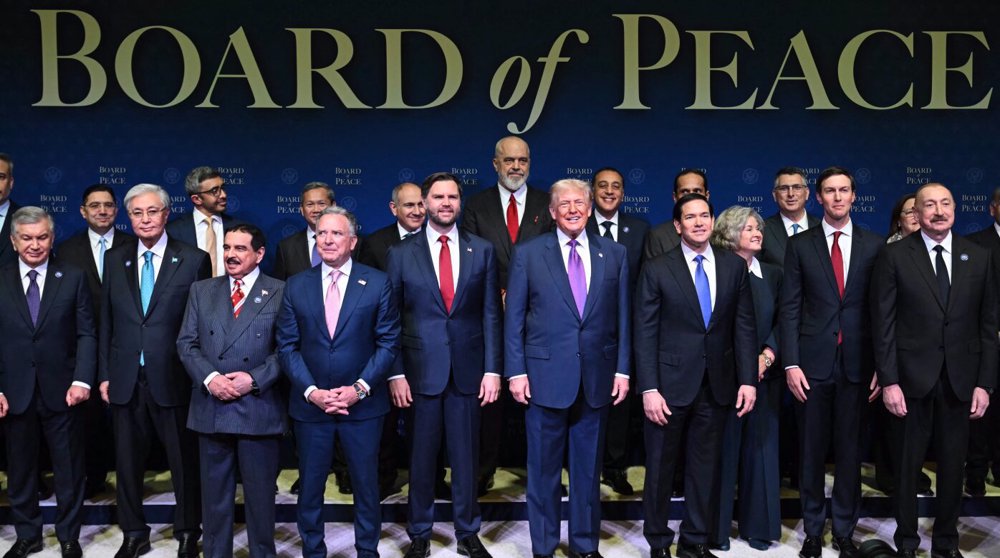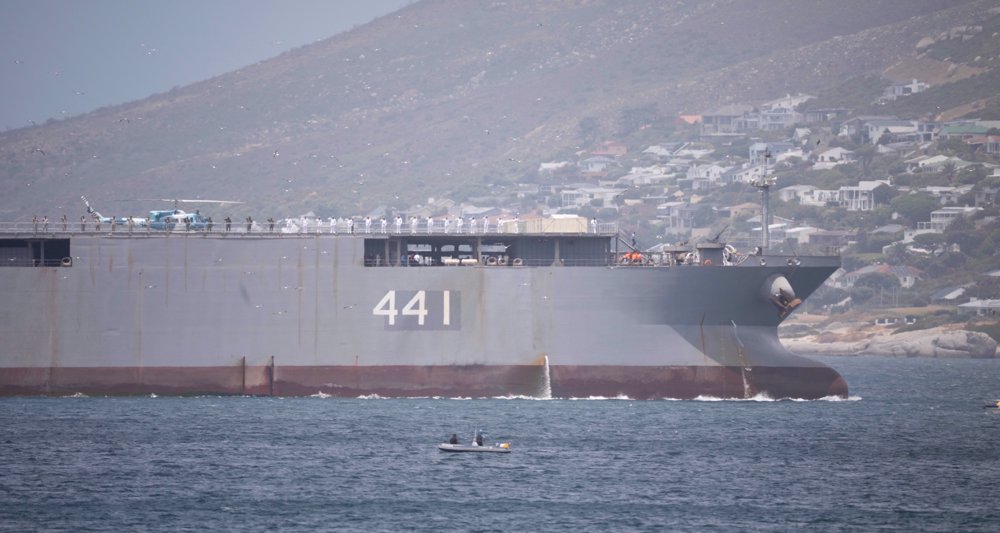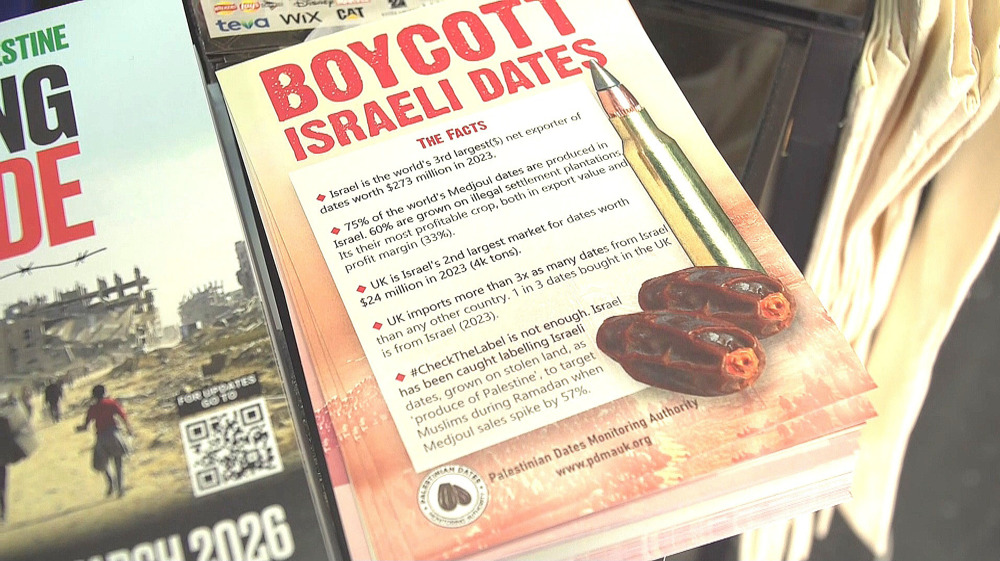Sparks fly as BBC objects to Twitter state-funded designation
Robert Carter
Press TV, London
A row between social media giant Twitter and the British broadcaster the BBC erupted this week after the UK state channel was branded "government-funded media" on its main Twitter page.
The move was initially defended by the owner of Twitter, Billionaire Elon Musk who even mocked the branding with a series of Tweets.
Later Musk claimed that all media is bias, but that he believed the BBC was, "among the least biased".
The UK state broadcaster objected to Musk's decision and contacted Twitter directly. On Wednesday, a BBC journalist challenged Musk during an interview. However, the interview didn't go as planned.
Before Musk's 2022 takeover of Twitter, the site had long been branding news channels and their journalists as "state affiliated", but only applied these rules to media from countries at odds with the west; Iran, Russia and China being the main focus.
The designations would often be accompanied by shadow bans or total page closures. A former British lawmaker and TV presenter Chris Williamson was one of those affected by Twitter's censorship.
Despite Musks criticism of western mainstream media, he has agreed to what appears to be a compromise and re-word the designation to "public funded" instead, suggesting that broadcasters like the BBC will unlikely ever face the same treatment as their Eastern counterparts have on the social media site.
Modi's Israel visit shows morality no longer guides India's foreign policy: Journalist
Iran to hold massive public funeral for 'Martyr Leader' Imam Khamenei
FM Araghchi: Trump betrayed diplomacy, Americans by attacking Iran
CIA turns to Kurdish militants to destabilize Iran after war failures: Report
Iran won’t remain silent in face of aggression: Envoy
Tehran warns EU against ‘Nazi mindsets,’ slams German backing of Israeli-US aggression
Iran agreed to nuclear concessions in Geneva talks – and then US-Israel bombed
Witkoff undermined Iran talks by peddling lies to build case for military aggression: Report









 This makes it easy to access the Press TV website
This makes it easy to access the Press TV website